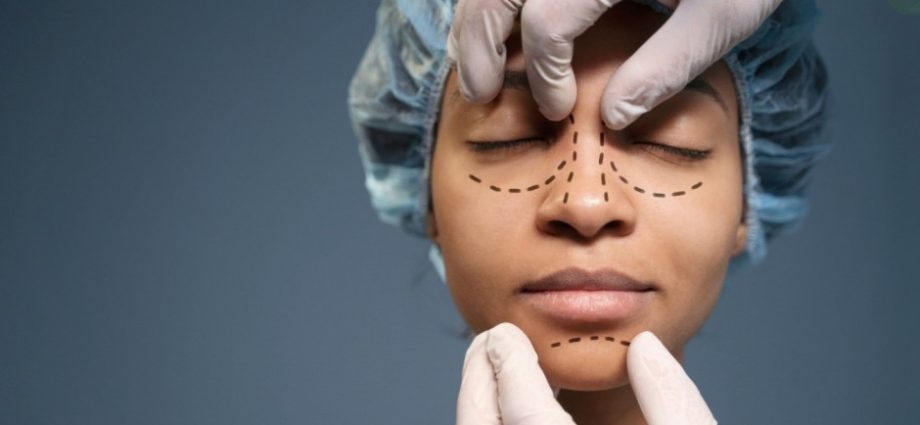Plastic surgery is a medical specialty dedicated to improving an individual’s physical appearance and can also repair tissue damaged due to illness, injury or birth defects.
Plastic surgery patients experience numerous advantages, including increased self-confidence and quality of life improvements. But these procedures come with risks, and unexpected outcomes could occur; to ensure safe and successful outcomes, patients must carefully follow all instructions from their surgeon prior to, during, and after their procedure.
The main reasons people get plastic surgery
Plastic surgery is often chosen to enhance their physical appearance. Rhinoplasty, liposuction and breast augmentation procedures all can help individuals attain the look they want – studies show that when performed by a board-certified surgeon patients tend to be extremely satisfied with the outcome of these cosmetic treatments.
Prior to undergoing plastic surgery, patients must carefully consider all risks involved and set realistic expectations about its outcome.
Plastic surgery can do more than enhance a person’s appearance; it can also give them more self-esteem and body image confidence. For those struggling with low self-esteem or body image issues – including ears or birthmark self-consciousness – plastic surgery could offer them the boost they need. Furthermore, social life could even benefit as they’ll become less inhibited about showing off their new features!
Preparing for surgery
Prior to making any decisions about plastic surgery, it’s essential that one has realistic expectations and support systems in place to assist with recovery. A friend or family member may need to accompany you from and to the surgery center as well as stay with you for several days afterward depending on your procedure.
Your surgeon will provide specific pre-operation instructions, including dietary restrictions and medication adjustments that will help ensure optimal results and speedy healing. By adhering to these directives, the best possible outcomes and results will be realized, along with optimal recovery outcomes.
Patients should discontinue smoking prior to surgery as this increases the risks of complications during and postoperatively. They should also remove all jewelry piercings that could potentially irritate during the process and promote faster healing times. Tanning may increase inflammation and bruising during recovery time. It is wise for patients to wear loose and comfortable clothing to their surgery center for added comfort during recovery time.
During surgery
After your surgeon examines you, they will create a personalized treatment plan with options, recovery times and risks in mind. Take this time to carefully consider all available procedures before booking surgery without feeling pressured into making decisions quickly or signing contracts too soon.
Your surgeon should also show before-and-after photos of previous patients who underwent similar procedures, giving an idea of their aesthetic style and skill. But keep in mind that all surgeons experience complications or poor outcomes; ask to see photos from these cases too.
On the day of surgery, it is essential to remove all makeup and hair products in order to avoid particles of makeup falling into your eyes during anesthesia and potentially leading to problems like infection and loss of blink reflex. You will also need to take steps such as taking off nail polish so nurses can check blood circulation.
Post-surgery
Following surgery, it’s crucial that patients follow the surgeon’s instructions closely. Doing so will speed healing and decrease discomfort; resting will aid healing as will having someone take care of them afterwards.
Sutures and staples will typically be removed three to four weeks following surgery, at which point patients should begin feeling better and may begin noticing the results of their care.
Plastic surgery should not be undertaken lightly as it can permanently alter a healthy body and leave lasting marks. Before choosing surgery, patients should explore alternative means for achieving their desired looks such as diet and exercise changes that could make an impactful difference without risky anesthesia or surgical procedures. A good plastic surgeon will educate their patients on alternative approaches that could work for them and help them decide whether undergoing the process is the best course of action.











